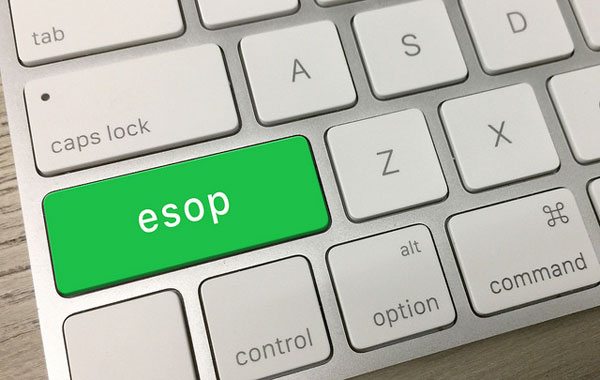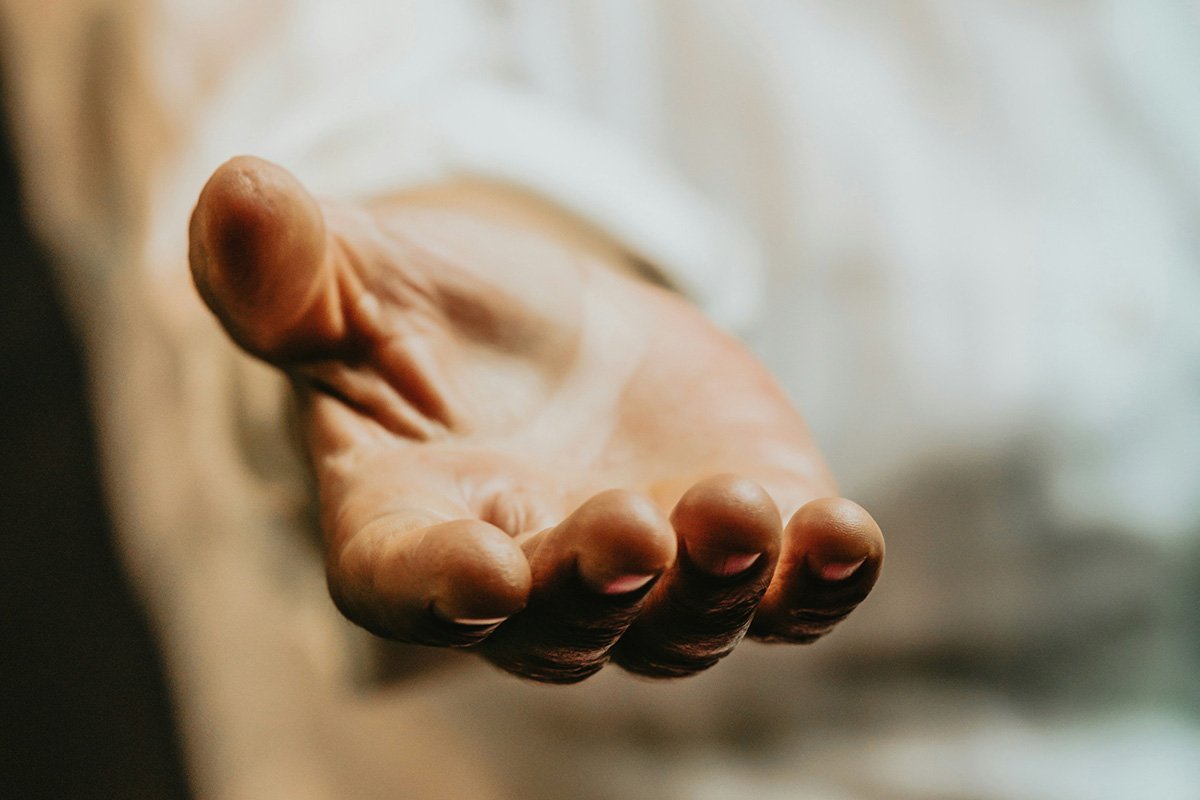
March 16, 2018; Plan Sponsor
“Two bills on employee stock ownership plans (ESOPs) have passed without dissent in the Small Business Committees in the House and the Senate,” writes Lee Barney in Plan Sponsor. Both bills, he adds, have bipartisan sponsors.
As NPQ has covered, over two million baby boomer business owners are expected to retire in the next 10-to-15 years and hundreds of thousands of these businesses lack clear succession plans, putting millions of jobs at risk. In many cases, selling businesses to employees is a solid strategy for both sharing the wealth of business ownership while preserving community jobs.
The business world is increasingly taking notice. Last week, NPQ reported on four different businesses that are converting to employee ownership in four states. Earlier this month, Rutgers University launched the Rutgers Institute for the Study of Employee Ownership and Profit Sharing to bring university programs on employee ownership together under a common roof, with a focus on identifying ways to address economic inequality using employee ownership and ways to build a more inclusive economy for workers. Nationally, as of 2014, there were 6,717 ESOP-owned companies in the United States, with over 10.5 million employee-owners.
The committee votes in Congress are one more sign of the growing attention being paid to employee ownership. According to Loren Rodgers, director of the nonprofit National Center on Employee Ownership, the votes in Congress mark “the first time since the late 1970s [that] non-tax bills to promote employee ownership are moving in Congress. Two bills, both of which focus on the Small Business Administration, have passed in a committee without dissent.… Coincidentally, both bills passed on the same day, March 14, in separate committees, one in the House and one in the Senate.”
For its part, in the House of Representatives, the House Small Business Committee passed the Main Street Employee Ownership Act (HR 5236). Bill sponsors include Rep. Nydia Velazquez (D-NY), with a friendly amendment from Rep. Steve Chabot (R-OH). “Senator Kirsten Gillibrand (D-NY) initially developed the concepts behind the bill,” writes Barney.
Sign up for our free newsletters
Subscribe to NPQ's newsletters to have our top stories delivered directly to your inbox.
By signing up, you agree to our privacy policy and terms of use, and to receive messages from NPQ and our partners.
The bill, Barney explains, makes it easier for the Small Business Administration (SBA) to help ESOPs by allowing the SBA to make loans to intermediaries that can turn around and make smaller loans available to ESOPs or worker cooperatives. It also allows loans to employee-owned companies to be made under the SBA’s preferred lender program.
The bill, notes Barney, also “makes an exception to an SBA rule that sellers of a company cannot have an ongoing role on the firm,” a measure that recognizes the prevalence of owners exiting in stages when selling to employees, and “waives the current SBA requirement of a 10-percent equity investment in a business transaction loan.” Barnes adds that the legislation “also allows financing to be used to cover transaction costs and makes it easier to loan to worker cooperatives. [And] it requires the SBA to coordinate with investment funds licensed through the SBA’s Small Business Investment Company program and intermediary lenders through SBA’s Microloan program to promote employee ownership as an area to be considered for investment and lending.”
The bill would also enable SBA to waive the requirement for a personal guarantee. While the requirement works when a single owner can pledge collateral, it is not workable when there are a large number of owners who all own small shares of the business.
To build out the ecosystem for conversions to employee ownership, the bill also calls for the creation of Small Business Employee Ownership and Co-operatives Promotion Program to partner with the nation’s network of 900 Small Business Development Centers, so they can offer technical assistance and training on transition to employee ownership. Additionally, the legislation calls for an interagency group to “(1) develop recommendations on how Federal programs can promote, support, and increase the number of employee-owned business concerns; (2) ensure coordination with Federal agencies and national and local employee ownership, cooperative, and small business organizations; and (3) submit an annual report to Congress.”
In the Senate, the Small Business Employee Ownership Promotion Enhancement Act of 2017 (S. 1538), introduced by Gary Peters (D-MI) and James Risch (R-ID) was approved unanimously by the Senate Committee on Small Business & Entrepreneurship. The bill, notes Barney, “directs the Service Core of Retired Executives (SCORE), an SBA outreach program, to promote employee ownership by appointing an individual to serve as the SCORE Employee Ownership Director.” The designated person will be responsible for “administering and disbursing materials that contain general information and technical assistance with respect to the establishment of employee ownership structures and coordinating efforts with respect to employee ownership with the chapters of SCORE located throughout the United States,” Barney adds.
Speaking for the ESOP Association, president J. Michael Keeling celebrated these developments, saying, “The support of Rep. Velazquez, Rep. Chabot, and Sen. Gillibrand underscores that ESOPs and employee ownership merit and continue to receive support that is bipartisan and bicameral. As Rep. Velazquez noted in her remarks, Baby Boomers own a vast number of businesses in this country, and as those owners prepare to retire, their companies may face uncertain futures. No businesses should shutter, and no employees should lose their jobs, when becoming employee owned is a perfectly sound, well researched, well regarded business option. This bill will make it easier for businesses to pursue that alternative, with help from the SBA.”—Steve Dubb












